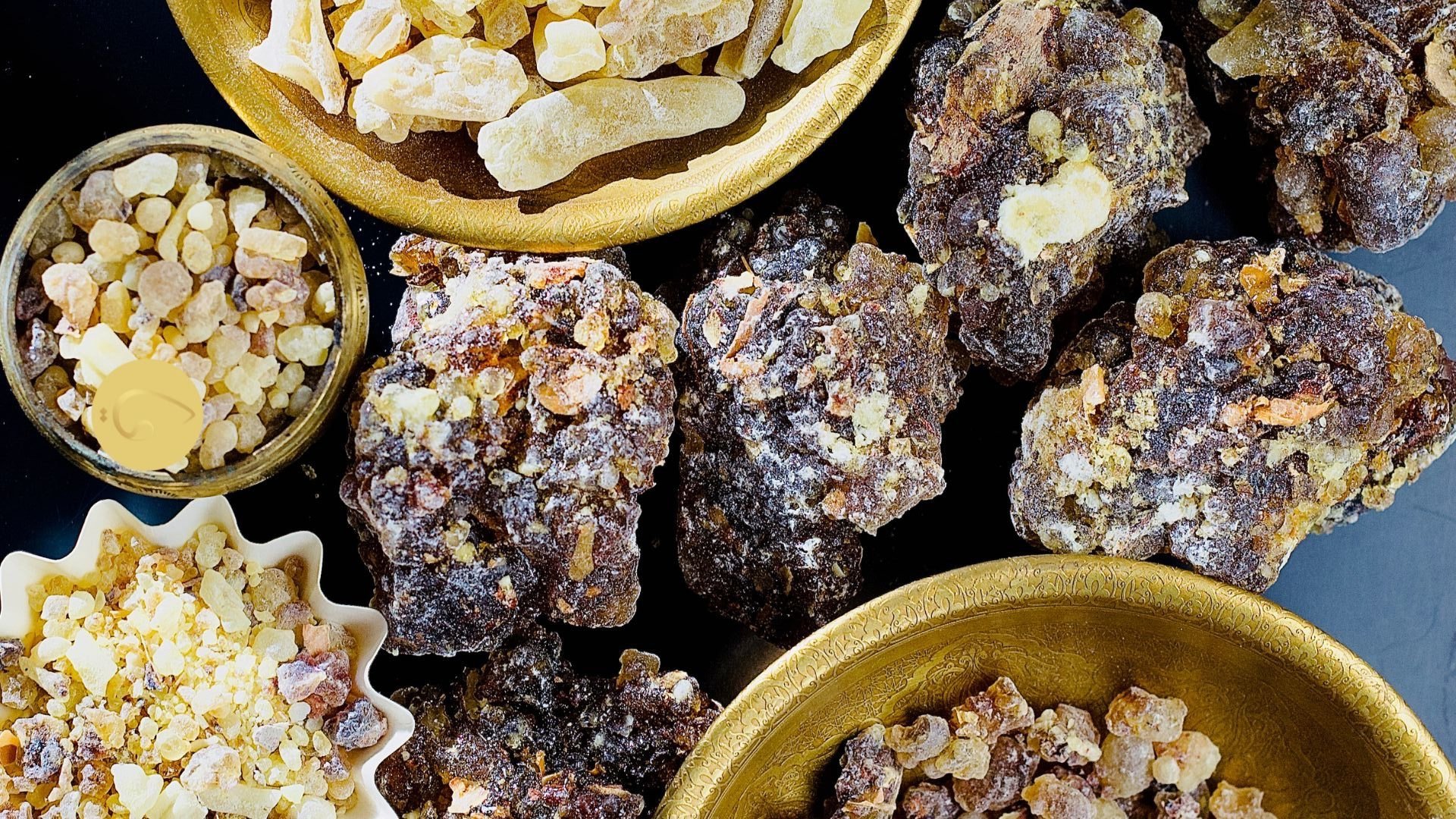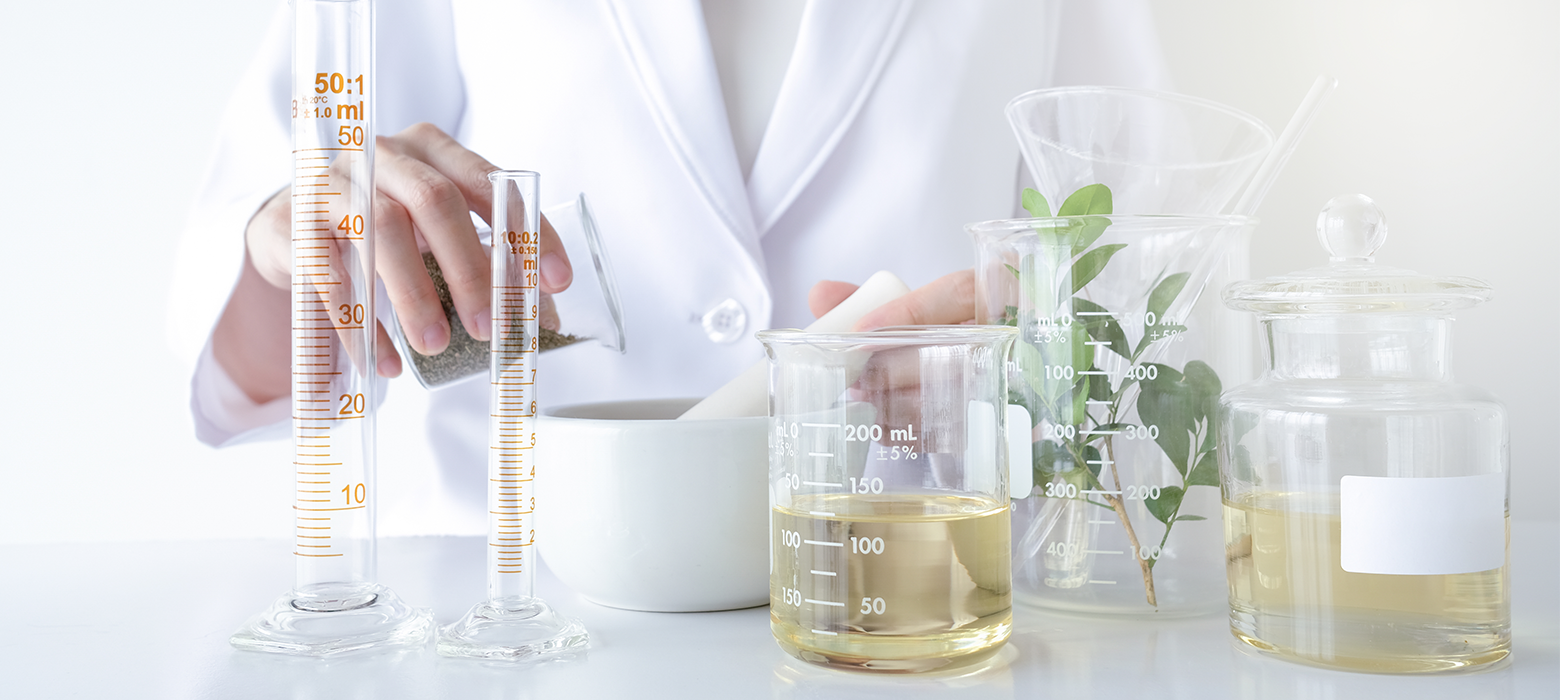Frankincense: Where Ancient Wisdom Meets Scientific Validation
Embark on a captivating journey into the world of frankincense, where the echoes of ancient wisdom intertwine with the validation of scientific inquiry. Discover the remarkable healing properties of this aromatic resin and its extractions that have held a special place in human history for centuries. In this blog post, we delve into the historical significance of frankincense while unveiling the scientific research that supports its age-old uses. Brace yourself for an enlightening exploration that bridges the realms of the past and the present.
A Tapestry of History
Frankincense has always fascinated me with its rich cultural significance and spiritual symbolism. This resin has been cherished for its sacred allure from ancient civilisations to religious practices. The wisps of fragrant smoke were believed to forge a connection between the earthly and the divine, transcending the physical realm. Additionally, frankincense has played a crucial role in traditional medicine, celebrated for its diverse healing properties.
Scientific Insights Catching Up
As time has progressed, scientific research has sought to unravel the mysteries of frankincense, providing empirical evidence for its historical uses. One particularly fascinating area of exploration lies in the realm of cancer research. Due to its potential anti-cancer properties, researchers have been intrigued by boswellic acid, a component found in frankincense resin.
A study published in the journal BMC Complementary Medicine and Therapies sheds light on the anti-cancer effects of boswellic acid. This compound has shown inhibitory effects on the growth of cancer cells and the induction of apoptosis (cell death) in various types of cancers, including breast, colon, and prostate (Siddiqui et al., 2011). While more research is needed to fully understand the mechanisms and efficacy of boswellic acid, these findings underscore the immense potential of frankincense in the fight against cancer.
Essential Oil vs Resin
It's important to distinguish between frankincense essential oil and resin. Essential oils are typically derived through steam distillation. This process may not effectively transfer the heavier constituents in frankincense resin, such as boswellic acid. Consequently, essential oils may not contain significant amounts of these compounds. However, Co2 extraction methods may yield frankincense extracts that retain more of the resin's constituents, potentially including trace elements of boswellic acid. This distinction emphasises the importance of considering the form and extraction method when exploring the potential health benefits of frankincense.
Embracing the "Woo" Side
Beyond its tangible properties, frankincense holds a mystical allure that captivates many enthusiasts. It is embraced as a tool for spiritual practices, meditation, and self-exploration. In my research, I discovered that frankincense smoke is believed to carry prayers and intentions to the heavens, creating a bridge between the earthly and the divine. For numerous individuals, the aromatic embrace of frankincense offers solace, introspection, and a deeper connection to their higher selves.
A Harmonious Union
Concluding this immersive exploration, I am filled with a profound appreciation for the harmonious union of frankincense's historical uses and the scientific validation it continues to receive. The centuries-old wisdom surrounding this resin finds support in modern research, forging a powerful bridge between ancient traditions and contemporary understanding. Frankincense invites us to embrace the interconnectedness of our past and present, enriching our lives with its enchanting fragrance.
References:
Siddiqui, M. Z. (2011). Boswellia serrata, a potential anti-inflammatory agent: an overview. Indian Journal of Pharmaceutical Sciences, 73(3), 255-261.











